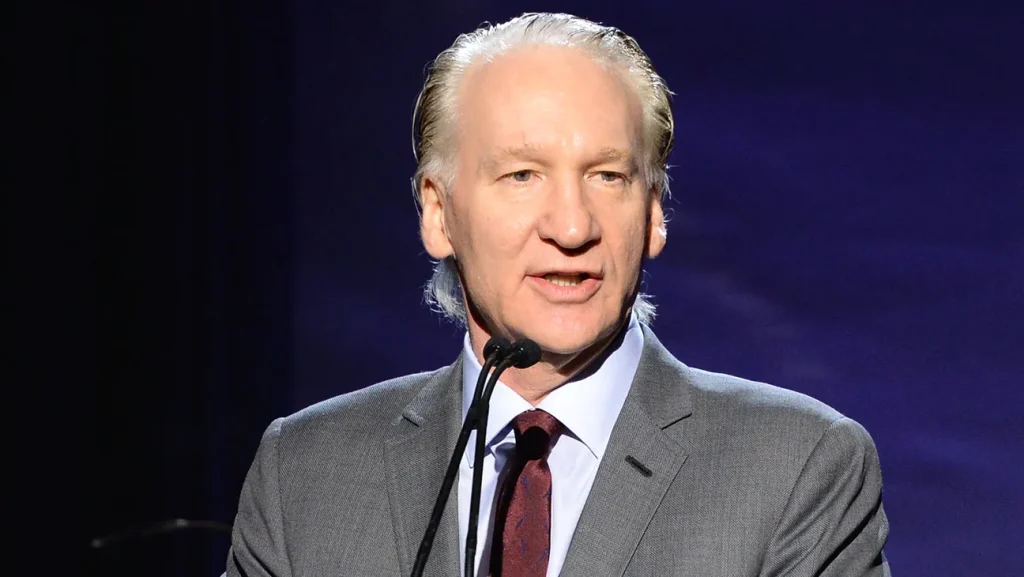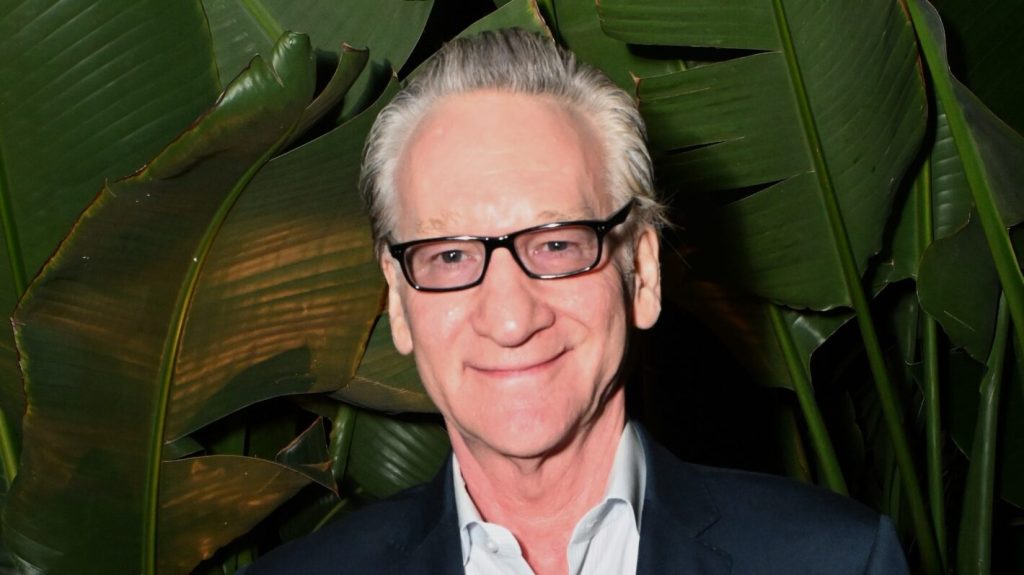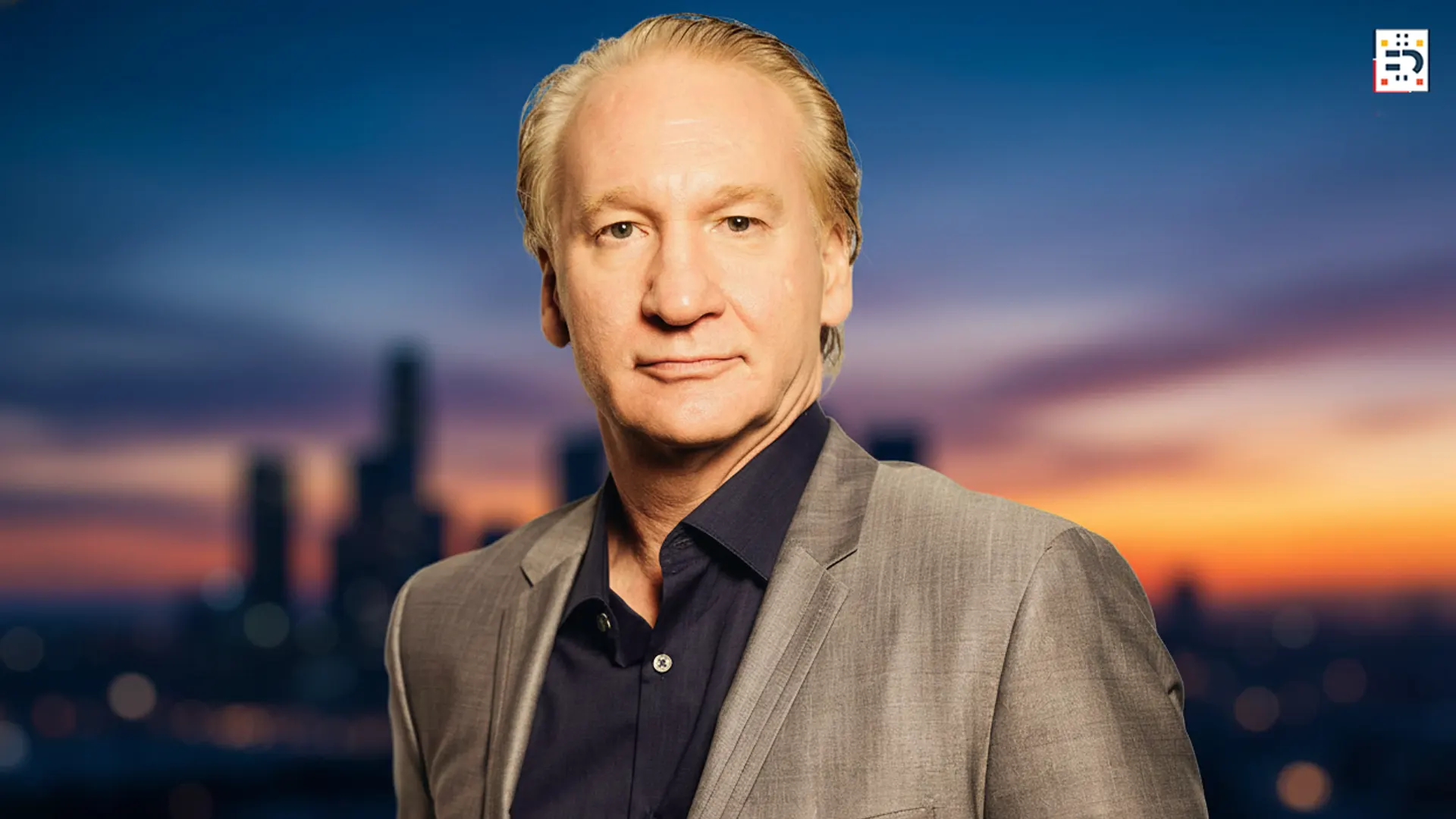When comedian and political commentator Bill Maher released his documentary Religulous in 2008, directed by Larry Charles of Borat fame, it delivered a scathing critique of organized religion that resonated with skeptics across America. The film challenged believers to defend their faith while exposing contradictions in religious doctrine, earning both praise from secular audiences and fierce criticism from religious communities.
Nearly two decades later, as we approach 2025, the American religious landscape has transformed in ways that would have seemed improbable to those early audiences. Recent data from Pew Research Center and Barna Group reveals surprising trends: Christianity in America is stabilizing after years of decline, younger generations are driving a faith resurgence, and perceptions of religion’s role in public life are shifting dramatically.
The critical question isn’t whether Religulous still matters—it’s whether Maher’s prediction about religion’s inevitable decline has been fundamentally challenged by an unexpected spiritual renewal among America’s youth.
The Original Critique: What Religulous Got Right
Maher’s documentary took viewers on a globe-trotting journey examining Christianity, Judaism, Islam, and Mormonism. From the Western Wall in Jerusalem to the Vatican, from self-proclaimed messiahs to religious skeptics, the film exposed what Maher saw as hypocrisy and logical inconsistencies in organized religion.

The documentary’s title—a portmanteau of “religion” and “ridiculous”—reflected Maher’s skeptical approach. As the son of a Jewish mother and Catholic father, he brought personal experience to his critique, conducting often confrontational interviews with religious leaders, truck stop chapel-goers, and visitors to a Creationist Museum in Kentucky.
Religulous captured a cultural moment when the “New Atheism” movement, led by figures like Richard Dawkins and Christopher Hitchens, was gaining mainstream traction. The film gave voice to the 16% of Americans Maher identified as secular humanists, arguing their perspectives were muffled by religious dominance in American culture.
For many viewers, the documentary validated their frustrations with religion’s influence on politics and policy, particularly in George W. Bush’s America where faith-based initiatives and conservative Christian values shaped national debates.
The Post-Secular Plot Twist: America’s Religious Resurgence
Here’s where the narrative takes a stunning turn that contradicts predictions from 2008.
According to the latest Pew Research Religious Landscape Study (2023-24), 62% of U.S. adults identify as Christians. While this represents a decline from 78% in 2007, Christianity’s share has remained remarkably stable since 2019, hovering between 60% and 64%.
More surprisingly, Pew research from February 2025 found that 31% of Americans now say religion is gaining influence in American life—the highest figure in 15 years, up sharply from just 18% a year earlier. This represents a dramatic reversal from the narrative of inevitable secularization.
Young People Are Leading the Faith Revival
The most shocking development involves Generation Z and Millennials. Barna Group’s 2025 State of the Church research reveals that 66% of all U.S. adults say they’ve made a personal commitment to Jesus that remains important today—a 12-percentage-point increase since 2021.
The biggest drivers? Younger generations. This marks the first time Barna has recorded such significant spiritual interest being led by young adults rather than older generations.
New data shows that Gen Z churchgoers now attend 1.9 services per month, while Millennials average 1.8 times—higher than any older generation. Gen Z men have seen a 15-percentage-point jump in commitment to Jesus between 2019 and 2025.
This represents a complete reversal: for decades, older Americans were the backbone of church attendance. Now, young adults are outpacing their parents and grandparents in religious engagement.

The Paradox: Less Religious Yet More Spiritual
What we’re witnessing isn’t a simple return to 1950s religiosity—it’s something more complex and nuanced.
The data reveals a fascinating duality: while 28% of Americans are now religiously unaffiliated (atheists, agnostics, or “nothing in particular”), and fewer than half of 18- to 29-year-olds identify as Christian (45%), we’re simultaneously seeing increased spiritual commitment among those who remain engaged.
According to Barna, nearly three in ten people who don’t identify as Christian say they’ve made a personal commitment to Jesus. This suggests young Americans are crafting personalized spiritual identities that transcend traditional religious categories—rejecting institutional religion while maintaining individual faith.
This post-secular moment creates a paradox that Religulous never anticipated: America is simultaneously becoming less formally religious while experiencing a spiritual renewal.
Trending Religious News in America (November 2024)
Recent developments demonstrate that Maher’s concerns about religion’s political influence remain highly relevant:
Christian Nationalism in Education
Oklahoma’s superintendent of schools Ryan Walters recently mandated Bible teaching in all state schools and purchased 500 copies of a Christian nationalist Bible endorsed by President-elect Donald Trump. Meanwhile, Louisiana passed legislation requiring all publicly funded schools to display the Ten Commandments in classrooms.
These developments echo Religulous‘s warnings about the entanglement of religious authority and public education—concerns that feel more pressing in 2024-2025 than they did in 2008.
The 2024 Presidential Election
Exit polling reveals that 81% of white evangelical voters supported Trump in 2024, while 56% of Catholics voted for him over Kamala Harris. The political power of religious voting blocs that concerned Maher remains substantial, potentially even stronger than during the Bush administration.
Institutional Religious Scandals
The resignation of Archbishop of Canterbury Justin Welby following investigations into abuse cover-ups demonstrates that institutional problems Maher highlighted—corruption, protection of abusers, failures of leadership—continue plaguing major religious organizations.
Where Maher’s Critique Falls Short in 2025
Religulous approached religion primarily as an intellectual problem requiring debunking, but today’s religious resurgence reveals several dimensions the documentary overlooked:
Community in an Age of Isolation
Research shows Americans who leave religion report significantly more personal hardship than those who remain. Among those who left evangelical Protestant traditions, 39% feel lonely or isolated most or all the time. Religion provides social capital and community connections that secular society has struggled to replicate.
In an era of increasing loneliness—particularly among young people—churches offer belonging that resonates with Gen Z’s need for authentic connection.
Spiritual Flexibility and Personalization
Young people aren’t choosing between Maher’s rational skepticism and traditional dogma—they’re creating hybrid spiritual identities. They might attend church, believe in Jesus, yet reject certain doctrines or institutional authorities. This personalized spirituality defies the either-or framework Religulous presented.
Countercultural Appeal
Maher’s dismissive critique may have inadvertently increased religion’s appeal to some young people. Pew research shows that 58% of U.S. adults now say there’s conflict between their religious beliefs and mainstream culture—up 16 points from 2020.
For a generation seeking meaning and pushing back against cultural norms, Christianity’s outsider status makes it more attractive, not less.

The Mental Health Factor
Barna’s 2024 research reveals that 39% of Gen Z frequently feel uncertain about the future, 29% report persistent loneliness, and 26% feel isolated. These rates are dramatically higher than older generations.
Critically, young people with engaged Christian faith consistently report better emotional well-being than their secular peers. This suggests religion provides psychological benefits that purely rational worldviews may not offer—something Religulous didn’t seriously consider.
The Verdict: Both Prescient and Myopic
Is Religulous still relevant in 2025? Absolutely—but in ways more complex than Maher envisioned.
Where Maher Was Right:
- Intellectual contradictions in religious belief remain unresolved
- Religion’s influence on politics continues raising legitimate concerns
- Institutional religious problems (abuse, corruption, hypocrisy) persist
- Fundamentalism still poses dangers worth scrutinizing
- Critical examination of religious claims serves important social functions
Where Maher Missed the Mark:
- Assuming rationalism would inevitably replace faith
- Underestimating religion’s social and psychological benefits
- Failing to engage with nuanced, non-fundamentalist belief
- Dismissing the possibility of authentic spiritual renewal
- Not considering how secularism’s failures might drive religious resurgence
Toward a More Nuanced Conversation
What 2025 demands isn’t another Religulous—we need conversations acknowledging religion’s legitimate role in providing community, meaning, and purpose while still holding religious institutions accountable for their failings and their influence on public policy.
The post-secular age reveals that humans are more complex than either religious dogmatists or militant atheists often acknowledge. People can embrace science while finding meaning in ancient rituals. They can critique institutional religion while maintaining personal spiritual practices. They can be skeptical of religious claims while recognizing religion’s social value.
Maher gave us a valuable provocation in 2008, forcing uncomfortable but necessary conversations. However, his prediction about religion’s demise has proven premature. Rather than crumbling under rational scrutiny, religion has evolved, adapted, and—surprisingly—found renewed life among the very generation many assumed would abandon it.
The real question for 2025 isn’t whether organized religion will survive skeptical critique. It’s whether religious communities and secular critics can engage with the messy reality of how humans actually navigate questions of meaning, community, and transcendence in a complex, pluralistic society.
Religion hasn’t disappeared—it’s transforming. And understanding that transformation requires more nuance than documentaries like Religulous typically offer.
Key Takeaways for 2025:
- Christianity in America has stabilized at 62%, ending decades of continuous decline
- Young people are driving faith renewal, with Gen Z and Millennials showing increased religious engagement
- 31% of Americans now say religion is gaining influence—the highest in 15 years
- Religious political power remains strong, as demonstrated in the 2024 election
- Post-secular spirituality is personalized, hybrid, and defies traditional categories
- Mental health benefits of religious community resonate with isolated Gen Z
- Christian nationalism in education makes Maher’s political concerns more relevant than ever
#Religulous #BillMaher #ReligionInAmerica #GenZFaith #ChristianityUSA #OrganizedReligion #PostSecular #FaithRevival #ReligiousTrends #ChurchAttendance #AmericanChristianity #ReligionAndPolitics #SpiritualAwakening #GenZReligion #PewResearch #BarnaGroup #ReligiousDebate #FaithVsReason #ModernChristianity #ReligionNews2025


